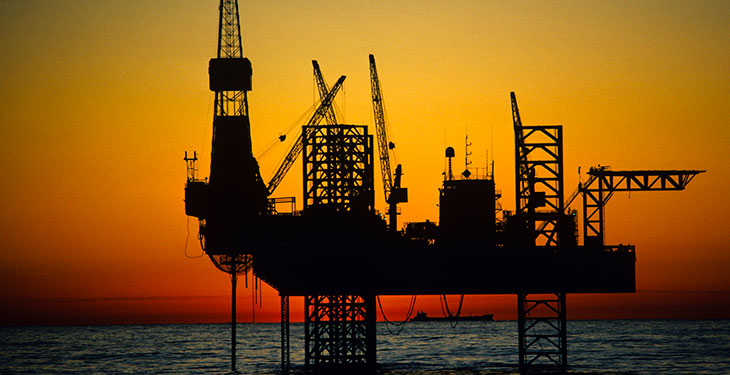Romania’s new energy regulations risk undermining plans by companies to develop big offshore gas projects in the Black Sea, putting billions of dollars of revenue at risk and squandering a chance to challenge Russia’s Gazprom in the region.
Oil industry officials have warned the changes, which include a cap on some gas prices for local producers until 2022 and a 2 percent turnover tax on all energy firms bar state-owned coal-fired power plants, could slash investment plans.
Most of the new measures, first announced in an emergency decree in December, were confirmed on Friday.
The government made a last-minute concession, eliminating a cap on gas prices for industrial consumers. That means producers only have to sell about a third of their output at a fixed price – to households and heating plants – rather than more than half.
But the concession was not enough to placate the companies, given that the turnover tax and new export restrictions approved last year remain in force, coupled with the risk the state could simply shift the goal posts again.
Romania now risks delaying offshore gas projects and playing into the hands of Russia, which blocked Ukraine from exploring its Black Sea resources by occupying Crimea, analysts said.
“Postponement doesn’t benefit anyone, not the state, consumers, the economy, investors,” said Razvan Nicolescu, executive lead advisor in Deloitte’s energy and resources division in Bucharest. “The only winner is Gazprom, the sole gas provider in the region.”
Romania’s Black Sea gas has the potential to challenge Gazprom’s dominant role in central and eastern Europe, diversify gas supplies and bring the Romanian government revenue of $26 billion by 2040, according to the consultancy.
Romania’s offshore gas reserves are estimated at 200 billion cubic metres. Russia, meanwhile, has proven reserves of 35 trillion cubic metres, according to BP’s statistical review. But while German consumption alone would empty the Romanian gas fields in two years, they could cover the combined 2017 demand of Romania, Bulgaria, Serbia, Hungary and Moldova for more than six years.
